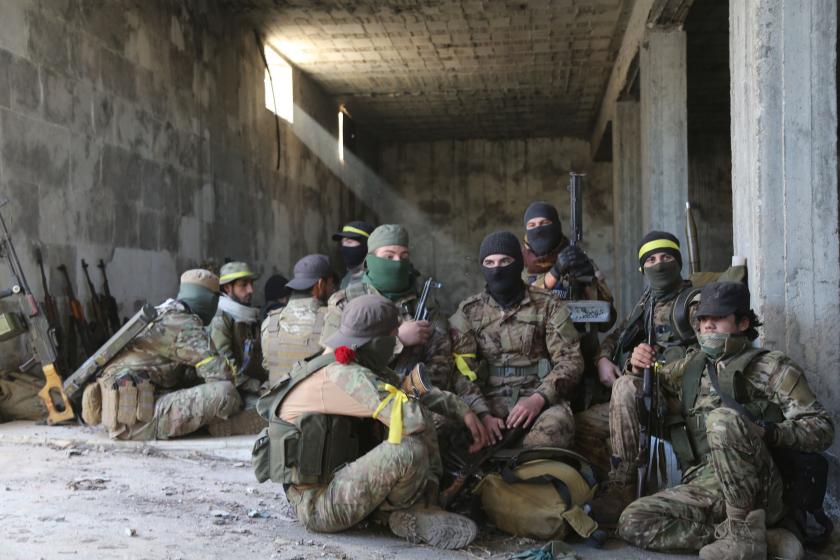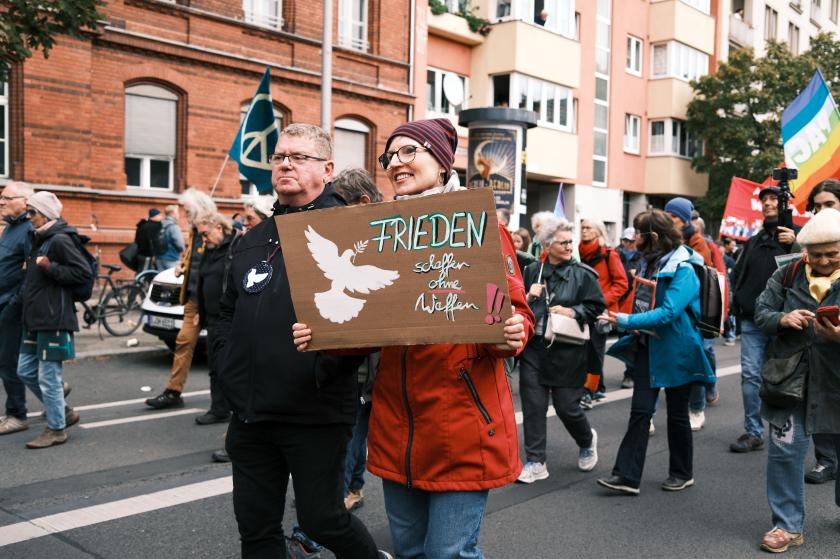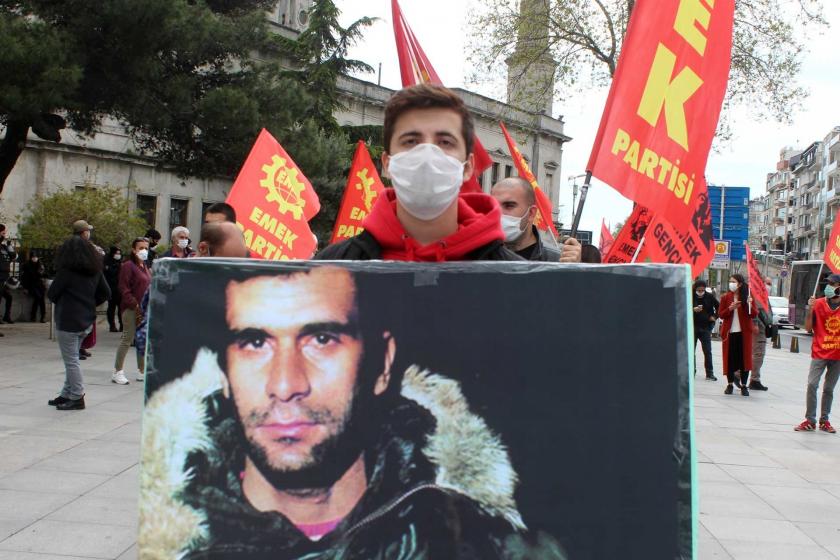Ahmet CENGİZ
As these lines were being penned, this week’s Saturday march by the “Yellow Vests” had yet to take place. Head of state Macron finally announced through his ministers that he had fully agreed to the main demand of the “Yellow Vests” (i.e. the cancellation of the fuel tax) with a demeanour that served to do nothing apart from revealing the dagger in his hand. However, just as this demeanour, useful as it may have been ten days ago, has not slowed down the movement that is turning into a social revolt, it has produced no result apart from further increasing the self-confidence of the masses who have taken to the streets. The comfort that comes too late is like a pardon after execution! (Shakespeare)
Just now, activism in France is trending upwards. It has reached a point where it is not the “Yellow Vests” alone who are calling for action. Truck drivers and farmers have announced they will go on strike next week. Students are blockading schools at more than a hundred high schools (in Marseille, Paris, Lyon and Toulouse) (meanwhile, more than seven hundred high school students are under arrest, treated in the manner of “terrorist organization members” no less!) As for university students, they are boycotting lessons; railway workers are calling for acts of civil disobedience (“Yellow vests coming to the march can pass without tickets!”) All are springing into action with their own burning demands, or proclaim that they will do so. Having until yesterday failed to bring the unions on board in any meaningful sense, Macron is now calling on them to get involved! To what end? In the hope that order will prevail and an interlocutor will emerge who will control the movement that is moving forward out of control!
It is no secret that many articles penned about the “Yellow Vests” movement have put forward mutually opposing views. This mere phenomenon alone points to the paradigm-busting nature of this movement. It is undoubtedly still too early to pronounce definitive judgement. However, no currently known fact can justify not standing by the things that are happening. In fact, three elements have come to the fore that sow doubt as to how this movement is to be judged within international progressive and left-wing public opinion, not least in Europe (and simultaneously in our country, too!):
a- Ideological leaning (talk of the presence of fascists and nationalists among the “Yellow Vests”),
b- Social base (it's being a movement of the rural petty bourgeoisie), and
c- Resort to violence (burnt cars, toppled windows, clashes with police, etc.).
Macron’s attempt to deny the legitimacy of the movement by emphasising the first and third elements was an understandable reflex. The response from the “Yellow Vests” to this accusation by Macron, who had swept up votes during the election by saying, “For me, there is neither right nor left,” was “We recognize neither right nor left!” As to the accusation of violence, the reply to this came from a totally unexpected place: actress Pamela Anderson inquired, “What is the violence of all these people and burned luxurious cars, compared to the structural violence of the French -and global - elites?”
So, why has “left-wing public opinion” (essentially the gamut of social reformists) fallen into doubt? To put it at its bluntest, because they are alien to the nature of spontaneous popular movements and revolts! This alienation is merely a reflection of how they regard class struggles.
It is no secret that there exist extreme rightists and nationalists among the “Yellow Vests” movement, which is exhibiting all the characteristics of a social revolt, and that they are furthermore trying to use this movement for their own ends. However, first, there is nothing astonishing about this, second, they do not have a hegemony that impregnates the movement, third, the movement’s demands have a breadth that exceeds the confines of the far-right/nationalist line, and, fifth, this does not eliminate the need for forces that call themselves left and progressive to intervene in the movement but, on the contrary, makes it indispensable that they give it direction and take it further forward!
The “Yellow Vests” movement is not a movement of the far right. It is a social revolt of various segments of society, chiefly the rural working young and petty bourgeoisie, against policies that have been pursued relentlessly for decades and have essentially cultivated monopolies and a financial oligarchy, particularly the cry of “enough already!” from the lower segments of the “middle class.” And, given that this is so, the movement presently lacks either a political centre or holistic demands or a clear political line. This weakness of the movement at the same time constitutes its current strength and dynamism. It is obvious that this is an unsustainable and transient state.
The entire matter now pivots on the progressive elements of the French working class adopting the most progressive demands of this movement and combining them with working-class demands and a broad front that will tell the French financial oligarchy where to get off assembling a front that will forge the unity of urban and rural workers. The developments of the past few days suggest this prospect is not impossible (the appearance of such examples as CGT people in Lyon meeting and hugging “Yellow Vests” in the street).
The history of class struggles is full of examples of social movements whose destinies defy their intentions. The “Yellow Vests” came out into the street to abolish a new tax, but the peculiarities of the social and political conditions within which they were struggling led to the birth of a dynamism that pulled them beyond this demand. However, this is a process in which the tasks it assigns to progressive and revolutionary forces are anything but obscure.
The starkest experience from the struggles in France for workers and toilers in Turkey is to struggle without placing hope in any bourgeois party so as to repel the attacks of governments in the service of capital and be able to acquire rights, and to organize to this end! What is taking place in France today is a concrete example of workers and toilers trusting in their own strength.
There is a point that also instructive for Turkey’s progressive and revolutionary public opinion: do not judge social movements by their ideological appearance and do not try to surmount the political weaknesses of spontaneous social movements with a thinking that is primarily mindful of the economic-social character of the movement and its demands!
As the economic crisis advances, the outbreak of similar spontaneous movements born of anger (of the urban and/or rural petty bourgeoisie) will come as no surprise in our country. We undoubtedly have things to learn from France!
Translated by Tim Drayton



